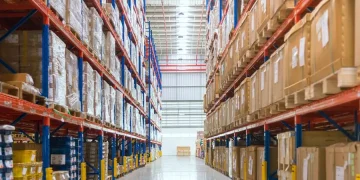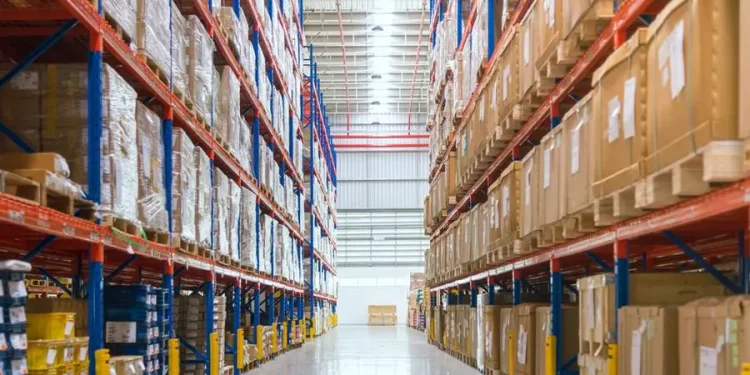DUBAI, August 20, 2025 — The doors slid open this week on a 10,000-square-meter warehouse in Jebel Ali. Inside, robots hum along the aisles, and workers in red vests sort packages bound for Riyadh, Cairo, and beyond. This is JD.com’s latest play to grab a bigger share of the Middle East market.
The site is hard to miss — wedged between the port and the airport, exactly where a logistics company dreams of being. Containers offloaded from ships can be in the warehouse within hours. From there, cargo can jump onto a plane the same night. “Speed is everything in e-commerce,” one JD manager said at the launch. “This facility cuts days off our timelines.”
But the warehouse isn’t just about space. One corner is sealed off for cold storage — medicines, cosmetics, and fresh food. Another floor is lined with automated picking machines, clicking steadily through orders. Engineers say the systems can process thousands of parcels an hour, with fewer errors than before.
Dubai officials, keen to keep the emirate at the heart of global trade, welcomed the move. They called it proof that the city remains a natural gateway between Asia, Africa, and Europe. Rival platforms, from Amazon to Alibaba, are already present in the region. JD’s arrival raises the stakes in a race where delivery time is the new currency.
For shoppers, the impact may be felt quietly — shorter waits, better stock, and more variety shipped from Dubai instead of straight from China. For JD, the message is louder: the company is not just testing the waters in the Gulf. It’s anchoring itself here.























